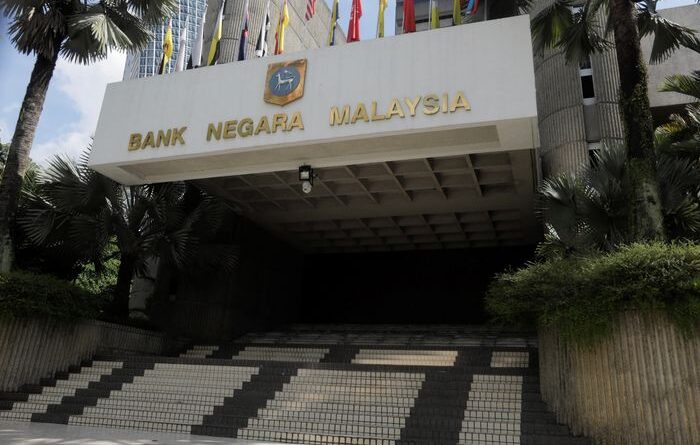World Bank Urges Malaysia to Mandate Retirement Savings for Digital Platform Workers
The World Bank’s report not only identifies the challenges but also offers tangible solutions. It suggests the establishment of a convening body for stakeholders in informal employment, provision of skills training, and mandating work-related insurance for high-risk occupations through digital platforms.In response, Zunika Mohamed, Economy deputy secretary-general, acknowledged the government’s interest in these recommendations, especially with the 13th Malaysia Plan on the horizon. The government has already shown a commitment to improving the welfare of informal workers, as evidenced by the allocation of RM100 million in contribution matching grants for the Self-Employment Social Security Scheme and the increase in the matching contribution value for the voluntary i-Saraan program under the EPF, as reported by BERNAMA.The Path Forward
As Malaysia looks to bolster the economic security of its informal workforce, the World Bank’s recommendations could mark a significant turning point. By making retirement savings mandatory for digital platform workers, the government can ensure that the fruits of the gig economy are not just immediate but also contribute to the long-term well-being of its participants.This move would not only address the current vulnerability of informal workers but also encourage skills enhancement and provide a safety net that has long been absent for this segment of the workforce. With the global digital economy expanding, Malaysia’s response to this call for action could serve as a model for other nations grappling with similar challenges.











